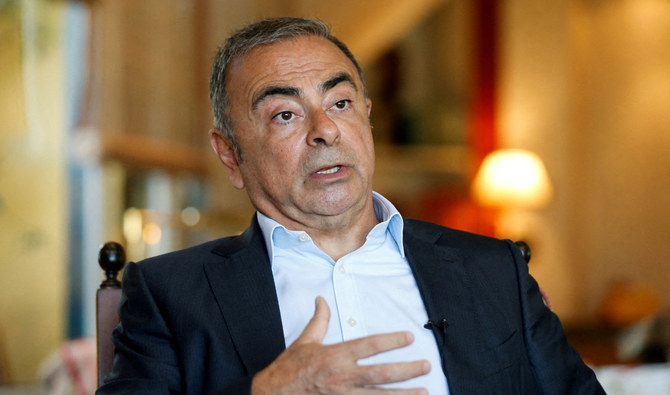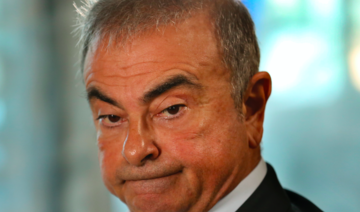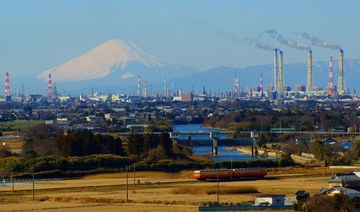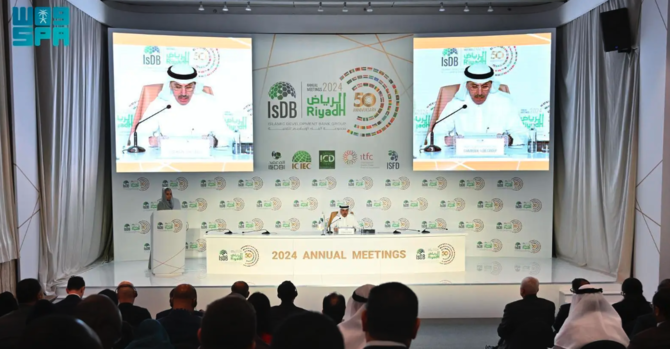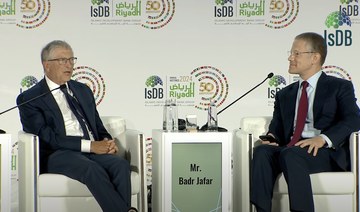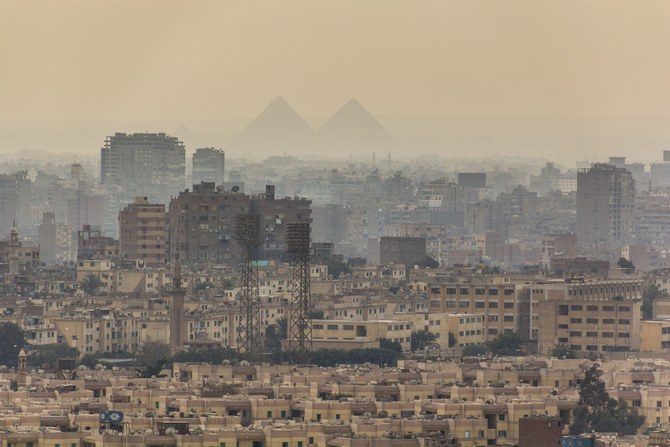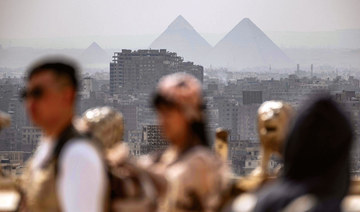PARIS: Carlos Ghosn first heard about the international warrant issued by France for his arrest while reading a newspaper, the fugitive former automobile executive has told Arab News.
Speaking after the arrest warrant issued by France made the headlines worldwide today, Carlos Ghosn said he knew about the warrant like everyone else, while reading the newspaper. “I thought that in the French system at least the investigating judge would have the courtesy to alert you first before, you read it in the newspaper. Neither my advocates, my lawyers nor myself were informed and, until now, we don't have any official information about the arrest warrant.”
Ghosn, who has been awaiting trial for several years, on charges that he understated his compensation in Nissan’s financial statements confirmed the arrest warrant was a totally normal step for France at this level, so they can close the investigation part of the process. “This is not a verdict” he said.
The arrest warrant was not surprising to Ghosn and his lawyer he said “The arrest warrant is the beginning of the real judicial process, which consists in to going to trial... What was surprising is the timing; it's happening at a moment that is very politically charged in France”, he told Arab News, stating that he is not yet officially informed me about it.
Given the Red Notice that was requested by Japan, Ghosn cannot leave Lebanon and go to France, so he believes that the transmission of the files to Lebanon where he could face trial is the only way forward to finish what they have begun (the trial). As per Ghosn, he, and his lawyers should be granted the access to the documents of the investigating judge, which the Japanese authorities are basing their charges on.
Ghosn explained to Arab News that the accusation by the French investigating judge are based on documents that have been transmitted by the Japanese prosecutor, and specified that most of these documents were unlawfully taken from his house in Lebanon by Nissan employees. “There is a criminal investigation in Lebanon about how these documents have been taken from Lebanon, and I'm waiting eagerly for the conclusion,” he highlighted, adding that the prosecution did not even challenge the integrity of these documents.
“He (the prosecutor) didn't even challenge if they (the documents) have been truncated, manipulated, added, distorted”.
He was surprised when he left Japan to Lebanon, that the file of his trial was transferred to France and not to Lebanon, saying that until now, he couldn’t get hold of the file. “The Lebanese authority have requested many times the file to the Japanese authority, they refused to hand them the file” he said.
As per Ghosn, the Lebanese authorities are going to ask the French ones to transfer the file, so that they bring him to trial on all the accusations.
It has been a very long process for Ghosn. “Now we are in a position where we can defend ourself, obviously we need to know exactly what are the accusation, as you know, we just try to guess them, through the interrogation I've been through, all through the leaks to the press,” he said, “I have been, in a certain way, kept in Lebanon now for two years and a half, without any possibility to finish this ordeal so it's about time that it happens.”
“Am I guilty or I am or am I innocent? and let's finish the story, that has, frankly, lasted too long to my detriment, obviously, but also to the detriment of Renault and Nissan because as you've seen the results of the two companies for the last three years has been dismal and really far from what these two companies have shown, under my leadership for the many years before my arrest,” he concluded.


